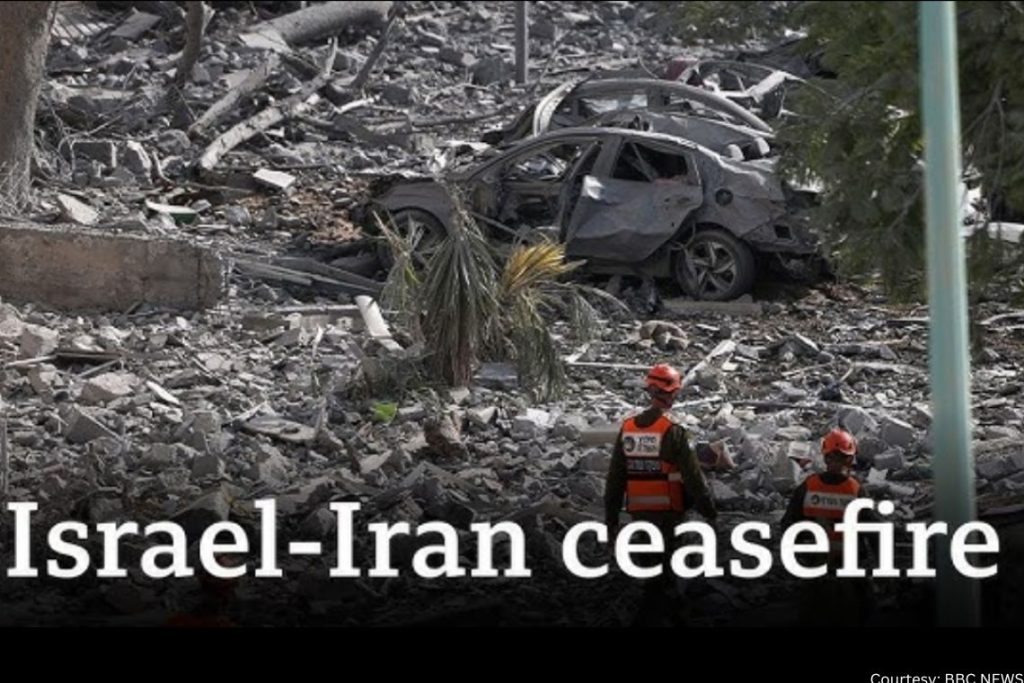TEHRAN – Following a 12-day war with Israel and a U.S.-brokered ceasefire, Iran now faces a period of deep uncertainty, with both domestic pressures and geopolitical challenges shaping the road ahead.
While the ceasefire has brought temporary relief to civilians, it has also stirred concerns about a looming internal crackdown. Reports from human rights groups and local sources indicate that over 700 people have been arrested in recent days, with multiple executions carried out under accusations of espionage. Activists warn that Iran’s security apparatus may now use the post-war environment to silence dissent and tighten its grip on power.
At the same time, political analysts suggest the conflict has weakened Iran’s image both regionally and internationally. Nobel laureate Shirin Ebadi described the Iranian regime as a “paper tiger,” saying its inability to prevent Israeli strikes or protect its proxies has exposed serious vulnerabilities in its defense strategy and regional posture.
The war also revealed cracks in Iran’s regional alliances, as several of its affiliated groups across the Middle East were targeted by Israeli strikes. Analysts believe Tehran must now decide whether to escalate militarily—by accelerating missile programs or deepening support for groups like Hezbollah—or shift toward diplomatic engagement, particularly as whispers of renewed nuclear talks resurface in Washington.
Internally, economic woes remain a major source of unrest. Inflation, energy shortages, and political repression continue to drive dissatisfaction among the public, especially younger Iranians. Observers note that unless reforms are initiated or relief provided, the potential for social unrest will grow.
Geopolitically, Iran must also assess how the war has reshaped its relations with major powers such as China and Russia, as well as regional rivals like Saudi Arabia and Turkey. Concerns are rising over whether this new phase of regional tension could spark a broader arms race, especially if Iran resumes aggressive nuclear pursuits.
As Tehran navigates this complex aftermath, much depends on whether its leadership opts for confrontation or cooperation—both at home and abroad.
Reported by PakTribune Foreign Desk
All rights reserved.


